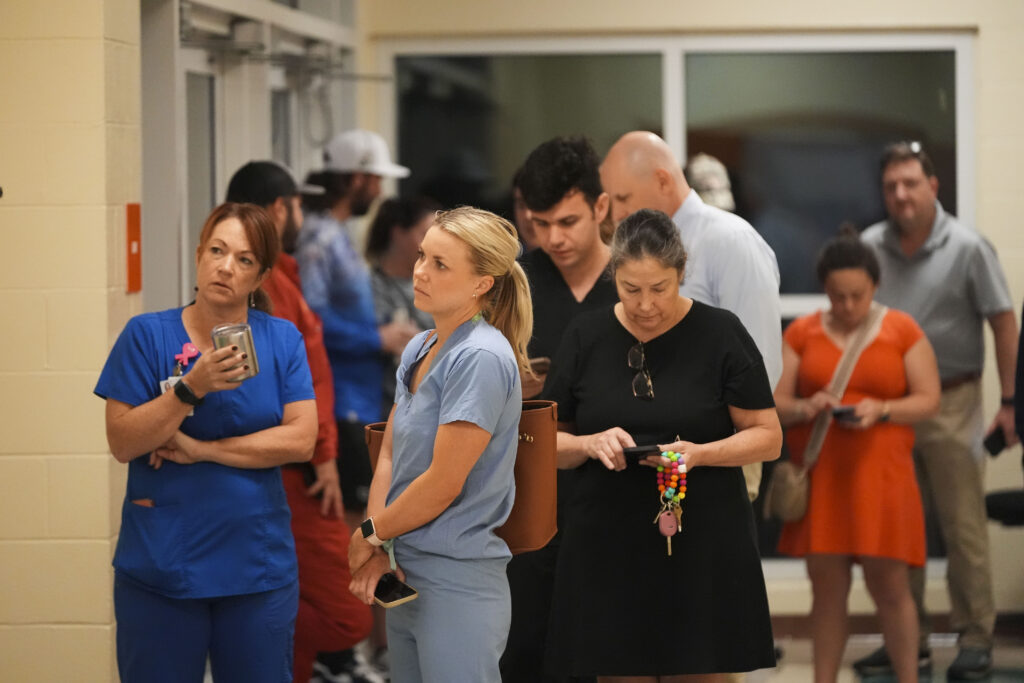
Voting rights groups are suing Louisiana over a new law that forces every would-be voter to provide documentary proof of citizenship in order to register, a requirement they say goes far beyond what federal law allows.
Imposing a proof of citizenship requirement is a key GOP priority. It’s a key element of the SAVE Act, the restrictive anti-voting bill that Republicans passed through the U.S. House last month. And it’s part of President Donald Trump’s executive order that aims to assert control over voting.
The Louisiana law, known as SB 436, mandates that every voter registration applicant submit proof of U.S. citizenship, but doesn’t say what counts as “proof,” how it must be submitted or whether it applies to online voter registration.
The plaintiffs call the law vague, unconstitutional and “a hackneyed solution in search of a phantom threat.”
Filed by the League of Women Voters of Louisiana, Voice of the Experienced, the Louisiana NAACP and the Power Coalition for Equity and Justice, the lawsuit is asking the courts to strike down SB 436 for violating the First and 14th Amendments, as well as the National Voter Registration Act of 1993 (NVRA).
“Although it solves no problems, SB 436 creates many,” the complaint warns. “SB 436’s vague terms pose a threat to eligible voter registrants and those who assist them.”
The lawsuit alleges that the Louisiana law will have a chilling effect on registration efforts, introduce security risks for organizations collecting sensitive information and create new hurdles for naturalized citizens, young voters, low-income residents and people with prior felony convictions — all groups the NVRA was designed to protect.
Even Secretary of State Nancy Landry (R), the lead defendant in the lawsuit, has previously testified that existing attestation procedures, where applicants affirm they are U.S. citizens under penalty of perjury, have worked just fine.
Landry has not publicly cited a single documented case of noncitizen voting in the state, according to the lawsuit.
“The state wants to solve a problem it cannot prove exists,” the complaint adds. “SB 436 stands to chill voter registration activity and disenfranchise Louisiana’s most vulnerable voters.”
Louisiana is not alone in pursuing such measures. Indiana and Wyoming have similar laws set to take effect this July that force potential voters to provide documentary proof of citizenship, such as a birth certificate or passport, when registering. Those laws are also being challenged for imposing undue burdens on voters.
The plaintiffs are asking the court to block enforcement of the law before the 2026 election cycle, potentially setting a national precedent on what states can require for voter registration. Voting rights advocates across the country are watching closely, as they anticipate how much they are allowed to help voters.
